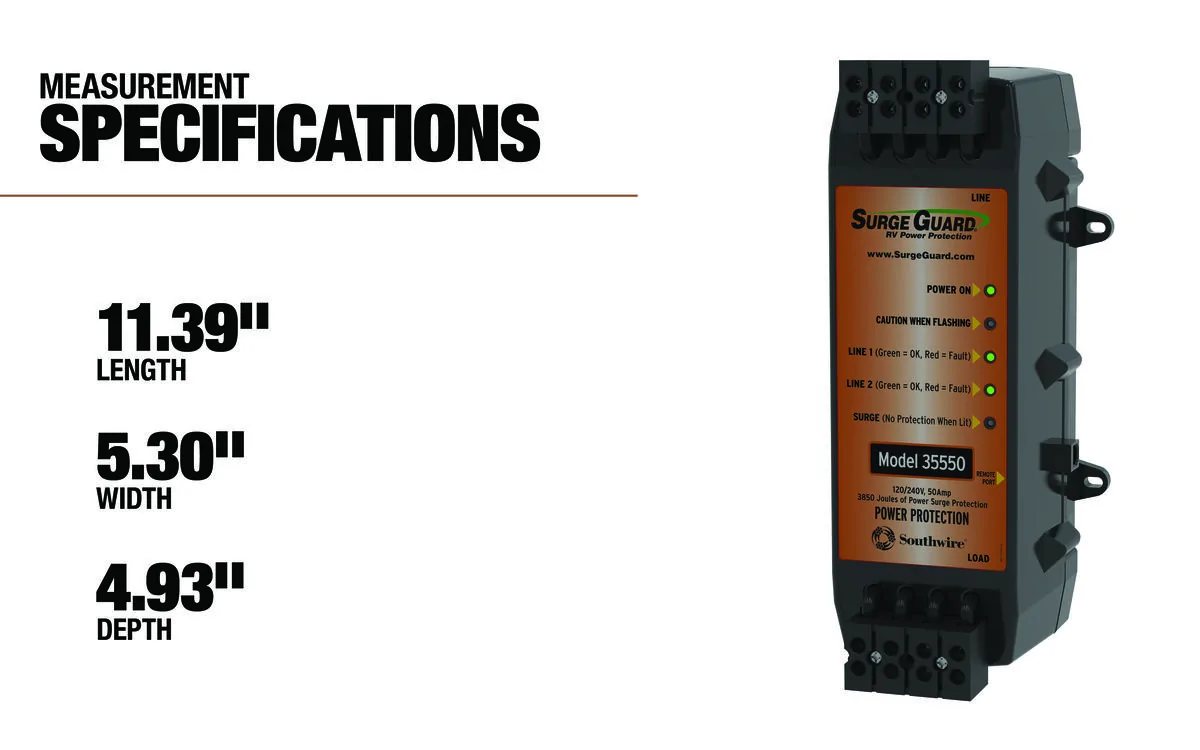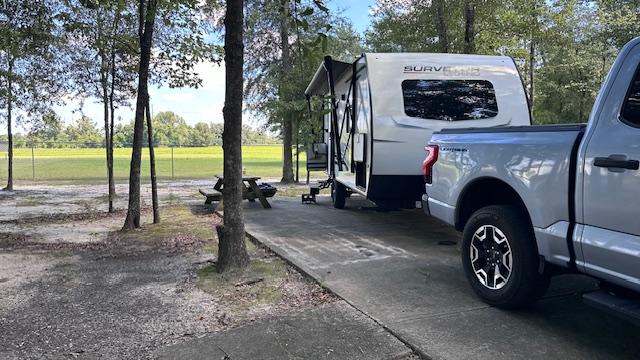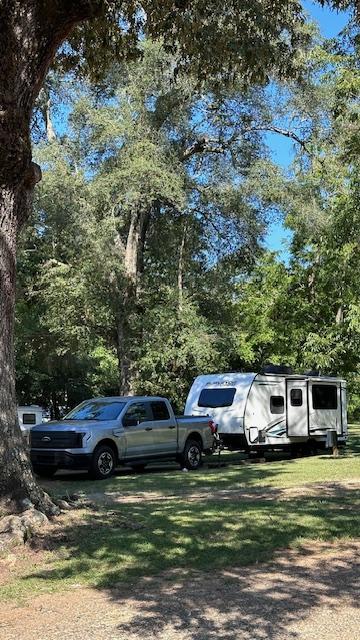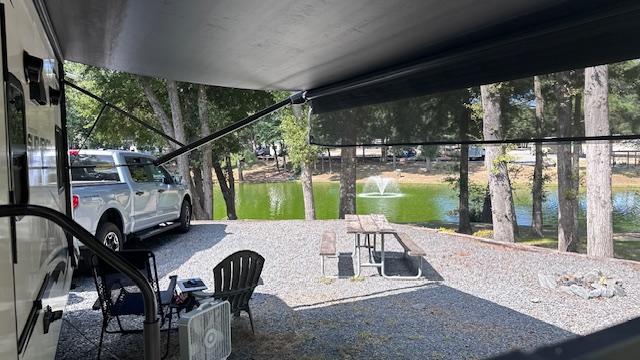mb0220
Well-known member
I've heard tales of RV parks having trouble with EVs charging on their 50-amp outlets (and sometimes not allowing it) because the circuit is shared with other campsites and can trip the breaker if there's a sustained 30-amp load from an EVSE and the camper next to you fires up their A/C.
Sponsored





